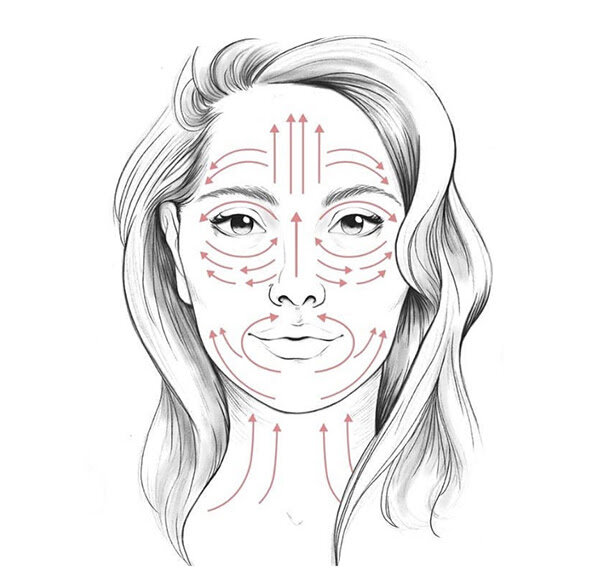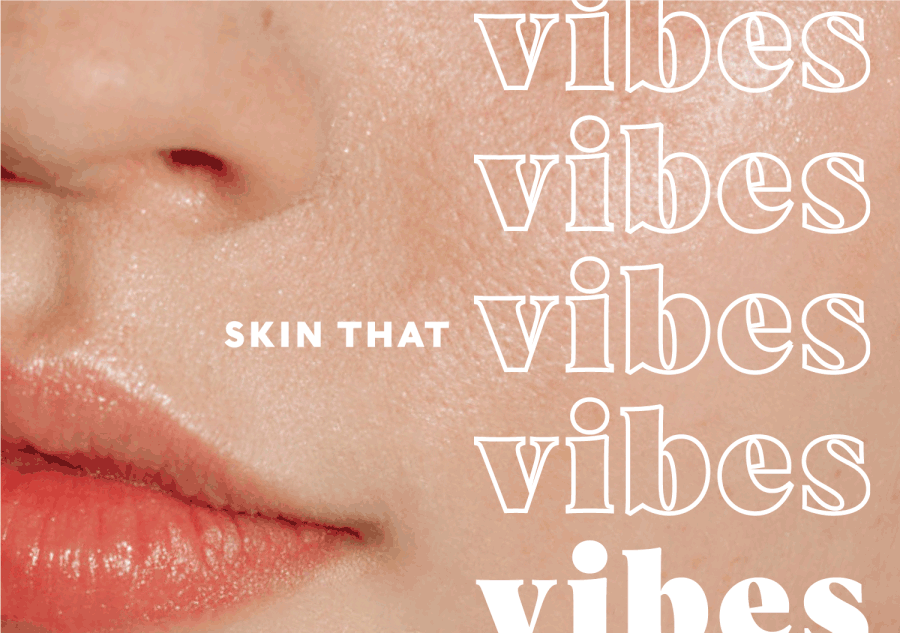HOW STRESS AFFECTS SKIN HEALTH
ACNE
There are a few reasons why you might notice breakouts on your skin, whether that be in the form of acne, psoriasis or eczema. The release of the stress hormone, Cortisol, throws your other hormones off balance, causing imperfections to appear on the skin. Stress can also affect your gut, by outweighing the good and bad bacteria that sits in it. Uneven bacteria in the gut can cause rashes and hives, as well as unwanted pimples.
There’s the added factor of diet when you’re experiencing stress. When working long hours, it’s not uncommon for you to choose quick and easy food, as well as energy drinks or coffee to keep you going. These dietary choices can show up as pimples and blemishes on the skin, and exacerbate existing skin conditions.
UNDER EYE CIRCLES
Under-eye bags are far from ideal – they make you look tired and ill, and there’s only so much concealer you can cover them with. When you’re experiencing stress or burnout, there’s a high chance that you’re lacking the sleep you need, which in turn makes you feel more stressed. Sleep deprivation results in higher levels of Cortisol itself, so it antagonizes the body even more!
Bags under the eyes are caused by the pooling of fluid to the area around the eyes, and the best way to fix them is by getting more sleep and staying hydrated. You can also apply serums, which can improve the appearance of under-eye bags.
Evoq’s Eye and Lip Cream is proven to encourage the renewal of skin health, reduced inflammation and stagnation and tighten and hydrate the skin so it looks firmer.
DARK CIRCLES
When we are stressed, we can actually break the fragile and vulnerable capillaries under your eyes. The blood can leak into the epidermis and become oxidized, which will result in a dark purple hue and a discoloration of the skin, creating the dark circles – giving that tired appearance.
Not only this but when your body is dealing with stress, blood will be distributed to different, more important areas of the body, which doesn’t include the face and skin.
The more stress your body is under, the more likely you are to look pale and drained as the blood is focused on the organs; making sure they keep working correctly. This, in turn, will make the appearance of dark circles more noticeable against the paler skin.
DRY FLAKES & FINE LINES
When we are stressed, our body can react in different ways. We may feel more emotional, lose our appetite, experience mood swings or it can affect our sleep – resulting in difficulty to function throughout the day.
This is when the fine lines and wrinkles can form as a result of your body choosing to produce more cortisol. This stress hormone has been known to break down collagen in your skin, so the more stressed you are, the more the hormone will attack your skin regeneration, resulting in a few new fine lines and wrinkles.
With lack of sleep, you will begin to show signs of fatigue; Fine lines and wrinkles will appear as the elasticity weakens, with your eyes falling victim first.
Dehydration can be dangerous for your inner organs as well as your skin, which is itself an organ. Hydration is a key factor in the body’s production of collagen, which is what keeps your skin looking bright, youthful and plump. Without collagen, wrinkles and fine lines are more visible, and skin may start to sag.
Staying hydrated will also keep your skin from looking dry and flaky – you should moisturize on the outside and stay hydrated on the inside to avoid dry skin! Try Evoq’s Ultra hydrating Youth Renew Oil or Pro-Collagen Cream for full-face hydration – taking the time to quiet your mind and relaxation time you need!
HOW IT AFFECTS HAIR HEALTH
Stress has been linked to hair loss and thinning, but the causes could differ! The same way stress can damage the appearance and feel of your skin, it can also be detrimental to the health of your hair.
HAIR LOSS
There are three stages to the hair growth process: The Anagen stage (growth), the Catagen stage (transition), and the Telogen stage (rest).
Stress can trigger what’s known as Telogen effluvium, which occurs when the hair growth cycle stops at the Telogen stage, and the follicles don’t grow any new hairs.
Telogen effluvium is a reversible condition and is just a temporary disturbance to the cycle. With changes to lifestyle, you can stop it.
Alopecia areata is a condition where the immune system attacks the hair follicles, causing patches of hair to fall out at one time.
It’s often associated with experiencing high levels of stress for an extended period. The cause of it is likely to be a weakened immune system, so once you lower stress levels, the hair will stop falling out and in most cases grow back.
If you are experiencing hair thinning, try the powerful Root Revival Hair Health program. It’s proven to promote hair growth using actives that strengthens hair and encourages high cell turnover for new hairs to grow. So powerful, its two times stronger than minoxidil.
GRAY HAIR
Science backs up the saying that stress can make your hair go gray – it’s not just a myth.
You see, when experiencing high-stress levels, the body struggles to produce a pigment called melanin, which is what keeps your natural color in your hair. When the body is experiencing long term stress, which happens with burnout, the imbalance of hormones can deplete the melanin-producing stem cells, which causes the hair to turn gray.










